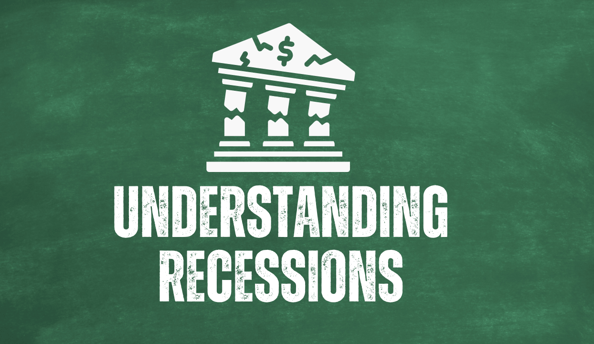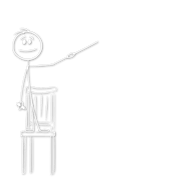Understanding Recessions: What They Mean for You and Small Businesses
Recessions can feel like a mystery, but they have real consequences for everyday people. This post explains what a recession is, why it happens and how it affects jobs, prices, and small businesses—plus tips on how to navigate economic downturns.
3/19/20252 min read


A recession is one of those economic terms that gets thrown around a lot, but what does it really mean? More importantly, how does it affect the average person or small business owner?
What Is a Recession?
A recession happens when the economy shrinks for at least six months. But what does that really mean? It means businesses make less money, people lose jobs, and spending slows down. This economic contraction is typically measured by two consecutive quarters of negative GDP (gross domestic product) growth, but its real-world effects are felt long before those numbers are published.
What Causes a Recession?
Recessions can be triggered by various factors, including:
High Inflation & Rising Interest Rates – When prices go up too fast and the Federal Reserve raises interest rates to slow things down, borrowing becomes expensive, reducing spending and investment.
Stock Market Crashes – A sudden drop in stock prices can wipe out wealth and shake consumer confidence, leading to reduced spending.
Supply Chain Disruptions – Events like pandemics or global conflicts can slow production, limit supply, and drive up costs, leading to an economic slowdown.
Reduced Consumer Spending – If people worry about the future, they cut back on spending, which means businesses make less money, leading to layoffs and a further decline in economic activity.
How Does a Recession Impact You?
For the average person, a recession means tougher financial times. Here’s how it can show up in daily life:
Job Losses & Hiring Freezes – Companies may lay off workers or stop hiring altogether, making it harder to find or keep a job.
Higher Prices & Lower Wages – Even if inflation slows, wages might not keep up with rising costs, making everyday expenses harder to manage.
Declining Home Values – If demand for housing drops, home prices may decline, affecting homeowners looking to sell.
Tighter Credit & Loans – Banks may be more cautious about lending, making it harder to get loans for homes, cars, or businesses.
The Impact on Small Businesses
Small businesses often feel the effects of a recession more than large corporations. Here’s why:
Lower Consumer Spending – When people cut back on non-essential purchases, small businesses—especially restaurants, retail shops, and service providers—see revenue drop.
Difficulty Securing Loans – Banks become more hesitant to lend money, making it harder for small businesses to expand or stay afloat.
Increased Costs – Inflation and supply chain disruptions can drive up costs for materials, rent, and wages, further squeezing profits.
Competition with Larger Companies – Bigger corporations often have more resources to weather economic downturns, putting additional pressure on small businesses.
How to Prepare for a Recession
While recessions can be challenging, there are ways to prepare:
Build an Emergency Fund – Having savings can help you stay afloat if you lose your job or face unexpected expenses.
Cut Unnecessary Expenses – Prioritizing essential spending can help stretch your budget during tough times.
Develop Multiple Income Streams – Whether it’s a side hustle, freelancing, or investing, having additional income sources can provide security.
Support Local Businesses – If you can, shopping local can help small businesses survive economic downturns.
The Bottom Line
Recessions are a normal part of the economic cycle, but their effects can be serious. Understanding how they work and preparing in advance can help you and small businesses weather the storm. Stay informed, plan wisely, and remember—economic downturns don’t last forever.
